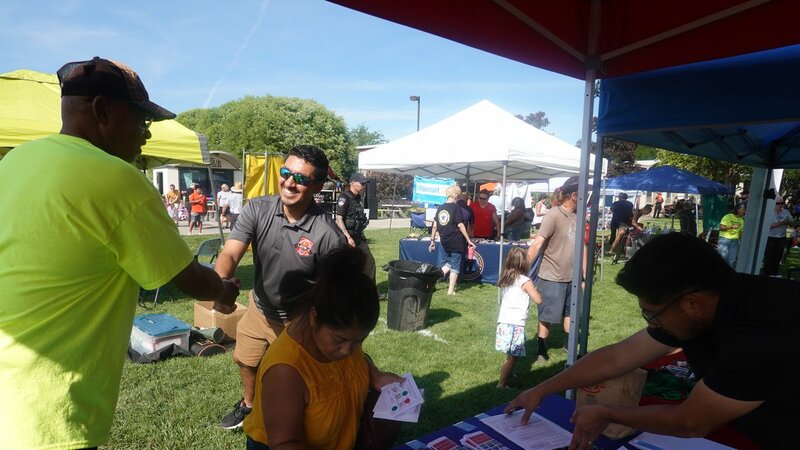What seemed like a minor housekeeping item on the Ontario City Council’s agenda has quickly turned into a larger debate about the future of the city’s diversity advisory committee.
In July, committee members asked the council to revise the Ontario municipal code concerning their committee. The draft code proposed minor grammatical changes and adding “socioeconomic” status as one of the groups they were looking to represent.
But not all the changes passed muster with the Council. Some councilors took issue with a diversity requirement for the committee, saying that it set up a “quota” system that could be used to prevent applicants from joining the committee. And Council President John Kirby went further, asking what the general premise of the committee was supposed to be.
“I don’t even know why it exists,” he said. “Not that I’m against it. Normally, this would be done by our HR director, most of the things that are encompassed by this committee … It doesn’t seem to have a mission. I’m just curious if they have developed their own mission or what? We have a committee with nothing to do is what it looks like to me.”
Kirby later clarified that he wasn’t calling for the diversity committee to be eliminated, but the City Council still tabled the code changes twice as the committee looks to more clearly define itself in a town that’s rapidly diversifying.
Situated just west of the Oregon-Idaho border, Ontario is on trend to become one of a handful of majority-Latino cities in the state. As rural communities like Ontario continue to diversify, cities are trying to figure out how to make local government accessible to the groups of people who haven’t always been a part of the decision-making process.



 Ontario
Ontario Diversity
Diversity



